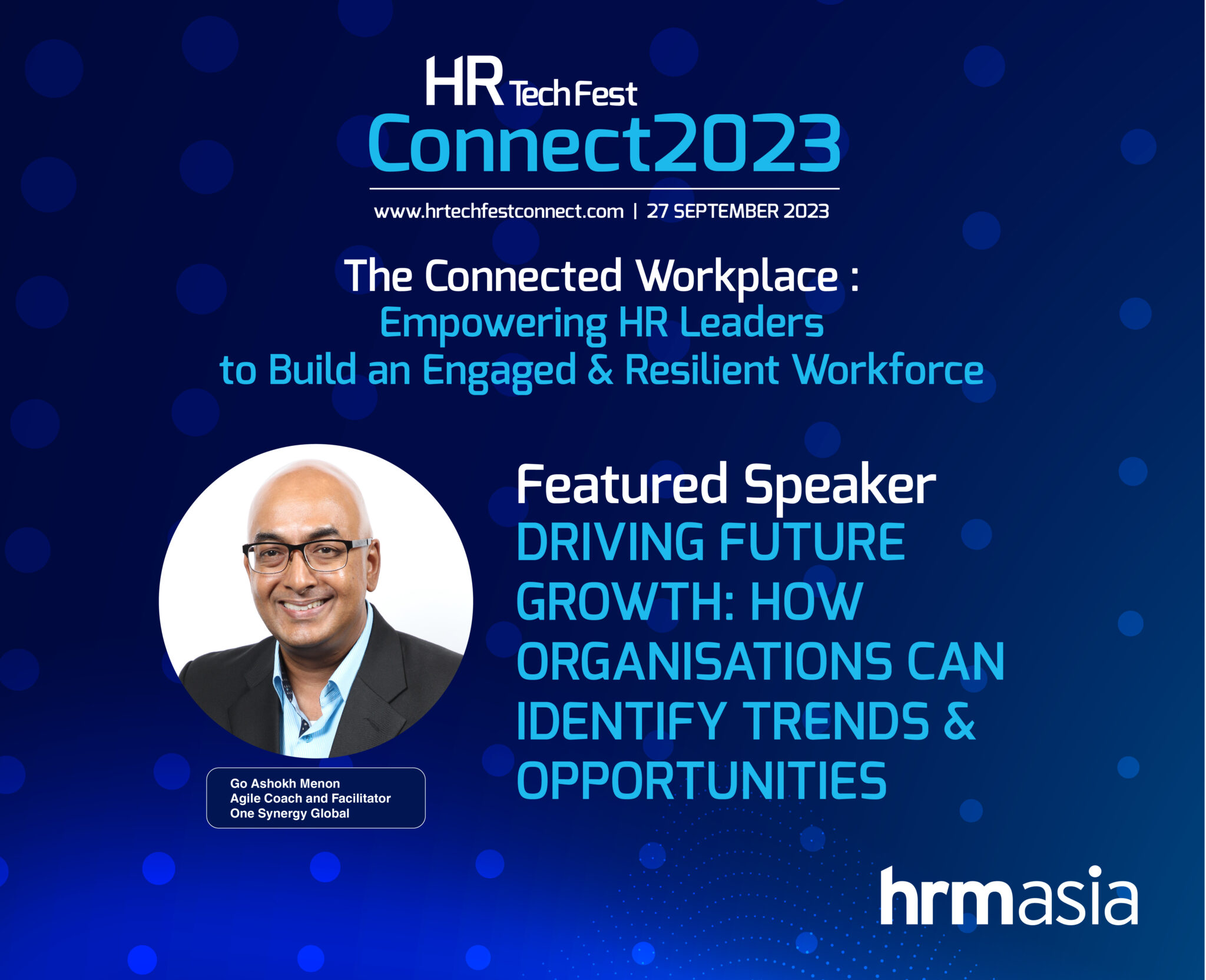Embrace resilience: Build a future fit organisation

The COVID-19 pandemic has reshaped the business landscape and presented leaders with unprecedented challenges. As organisations navigate through the economic aftermath of the crisis, it has become clear that the approach to finding growth opportunities and leading teams must evolve. The disruptive nature of the pandemic has highlighted the need for leaders to adopt a different mindset—one that embraces change, innovation, and resilience.
Challenge the past: Leaders do not have an empirical playbook to guide them through this crisis. The pandemic unleashed unique challenges, disrupting traditional norms. From supply chain disruptions to remote work arrangements, organisations face a multitude of challenges. Organisations are also grappling with economic issues such as recession, a decrease in consumer spending, employment issues and an increase in future uncertainty. Against this backdrop, leaders cannot totally rely on past pre-COVID practices to guide and navigate their teams. What worked in the past may not be relevant in the future.
People Powered Future: Amidst the uncertainty, a glimmer of insight emerges from McKinsey’s Global Institute’s Performance Through People report, which reveals that organisations which prioritise people development and organisational performance soar above the rest. These “people + performance” companies not only weathered the storm but thrived during the pandemic, maintaining profitability and growth when others faltered. This emphasises the importance of a people-centric approach to foster innovation, collaboration, and sustainable implementation.
How can leaders create their own high-impact teams that experience high-quality motivation and deliver business results? By deliberately designing interactions and support systems that focus on:
- Identifying future strategic opportunities
- Organising collaborative high-impact teams
- Developing self-aware leaders

“Leaders need to develop a clear vision of their organisation’s intended future and anticipated opportunities for growth.” – Go Ashokh Menon, Agile Coach and Change Agent, One Synergy Global
Future opportunities
Leaders need to develop a clear vision of their organisation’s intended future and anticipated opportunities for growth. They should review the current trends and shifts shaping the world and their industry, including technology changes, regulatory requirements, demographic needs and values, to name but a few. They should identify the trends that will likely impact their businesses and prioritise the actions that need to be taken immediately and in the near future. Matching customers’ unmet future needs with these trends will provide clarity on the direction to take.
High-impact teams
The future vision should be clearly communicated to teams, especially focusing on how team contributions will make a positive impact for customers and the organisation. In this current uncertain era, leaders should lean on adopting the agile methodology to track and implement the chosen strategies. An agile framework allows for continuous iterations where teams can continuously reflect, adjust and improve their actions. This removes their fear of failure as every action is deemed as a learning moment. A well-organised agile meeting provides the frameworks to make decisions, track progress and provide valuable feedback for improvements. Leaders can tap into their team’s intrinsic drivers as long as they respect the first value of the agile manifesto – “individuals and interactions over processes and tools”.
READ MORE: How to build a future-growth and resilient organisation
Self-aware leaders
Leaders who are prepared to embark on this journey would be required to learn or understand different skills, including strategic thinking, decision making, facilitating, listening, asking questions, and managing change.
But the key competency they need is to reframe their beliefs about their role and identity as a leader. To navigate and thrive in this new disruptive world, leaders need to undertake inner work to shift their mindsets. This will allow them to rethink the way they interact, the way they support their teams and the way they lead their organisations into the future. As leaders become more self-aware, they will be more enabling and work collectively to drive a thriving organisation that delivers impactful value.
In a world of continuous disruptions, leaders must embrace a new mindset to navigate challenges and build resilient organisations. Challenge past assumptions, prioritise people and performance, and focus on actionable areas such as identifying future opportunities, organising high-impact teams, and developing self-aware leaders. By doing so, organisations can adapt, thrive, and shape a resilient future.
About the author: Go Ashokh Menon is an Agile Coach and Change Agent, One Synergy Global. Join him at HR Tech Fest Connect 2023, where his session titled Driving Future Growth: How Organisations Can Identify Trends and Opportunities, will explore how to organise and engage a resilient workforce to deliver high-impact performance, and what leaders need to do differently to engage and support their teams as they navigate the future.



